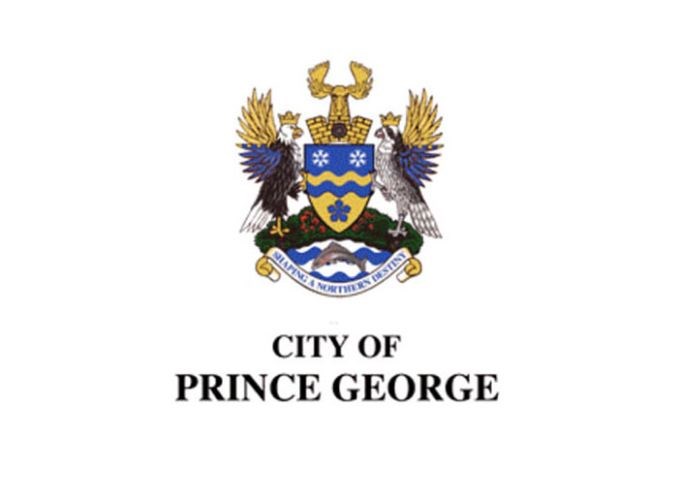The city's first crack at joint federal-provincial infrastructure funding will be a bid for an erosion protection project.
A report from financial planning manager Kris Dalio recommends city council approve the submission of the $1.41 million Fraser River Bench Land Outfall Remediation project to the New Building Canada Fund's first intake to its Small Communities Fund program.
There is up to $218 million available for infrastructure projects in B.C. communities with populations of less than 100,000. Eligible project categories include highways and major roads, wastewater, public transportation, solid waste management, drinking water, green energy, innovation and connectivity and broadband.
The city's recommended project would build infrastructure to protect against future erosion and to fix erosion that has already happened along the Fraser River Bench Lands near Lower College Heights.
"The current state of this ravine is deteriorated and represents a potential liability to the city," said Dalio's report. Work would include installation of storm water piping and the construction of a flow control berm. The city has already spent $91,000 on design work and an archeological assessment. The grant would not cover costs already incurred.
The project is currently on the city's unfunded 2015 capital plan, with $550,000 set aside. The funding program offers a maximum of two-thirds of the project's costs. If the application is approved for the maximum amount, it would leave only $470,000 to be covered by the city.
On Thursday afternoon, the Regional District of Fraser-Fort George board of directors approved its submissions to the same program.
Unlike the city, which can only submit one application, regional districts are allowed to submit one project application per community in their area.
The three projects the regional district is putting forward are: the entrance relocation of the Foothills landfill, which has a total project cost of between $6.3 million and $8.1 million; the conversion of Mackenzie regional landfill to a full-service transfer station, which has a total project cost of $2.3 million; and upgrades to the Bear Lake community water system, which has a total project cost of $454,000.
The deadline for applications is Feb. 18.


